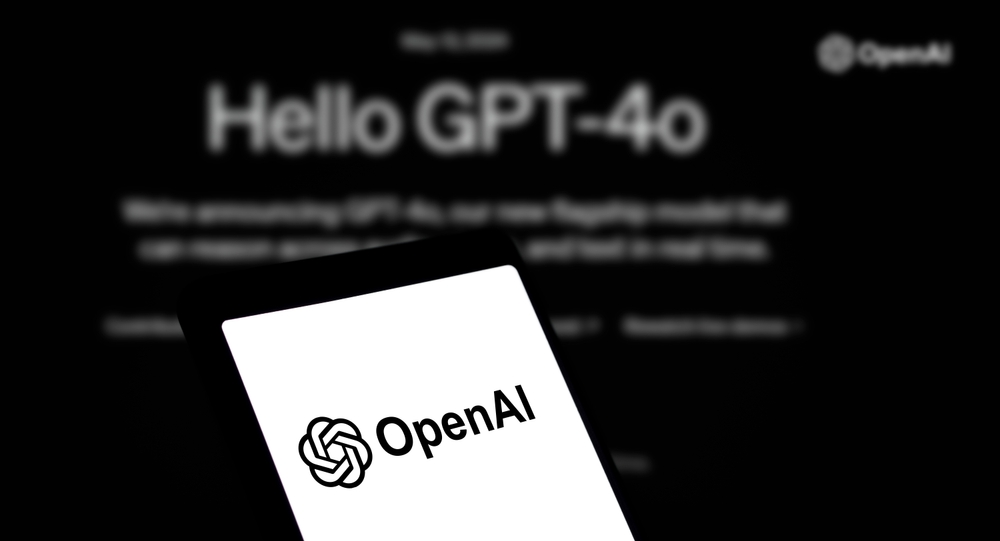OpenAI’s recent funding round, set to raise over $6 billion, demonstrates investors’ belief that the ChatGPT developer is on a path to becoming the world’s leading AI company. The demand was so high that OpenAI had the luxury of selecting its investors. Completing the fundraising at a $150 billion valuation, the company expects to secure an additional $5 billion, with venture capital firm Thrive Capital already investing over $1 billion. Talks are ongoing with Apple, Nvidia, and Microsoft, while Tiger Global and UAE’s MGX fund have expressed interest. The deal is expected to close soon, according to the Financial Times. We’ll keep you updated as more details emerge.
The Stakes Are High for Investors
Interestingly, some of Silicon Valley’s top investors, like Andreessen Horowitz and Sequoia Capital, are not participating in this round. Typically, Thrive and Tiger invest in smaller startups, hoping for returns of 10-100 times their investment. For this round, they’re betting on OpenAI reaching a $1.5 trillion valuation—more than Meta or Berkshire Hathaway. Despite the lofty expectations, many believe this is achievable. A partner at one of the investment firms backing OpenAI stated, “We are talking about a path to creating a trillion-dollar company. I don’t think that is unreasonable.” Investors view generative AI as “the biggest platform win since cloud computing or the internet.”

Despite the ambitious goals, OpenAI faces challenges in achieving such a return. It will need to outpace wealthy tech giants like Google and Meta while managing the resources required for increasingly costly AI models. Maintaining rapid growth while evolving into a stable corporate entity is also essential.
Challenges and Future Outlook
OpenAI currently generates around $3.6 billion in annual revenue but spends over $5 billion, indicating it’s “far from breaking even.” The additional funding would bolster its position against rivals like Anthropic and Elon Musk’s xAI. However, concerns persist about whether OpenAI can sustain this growth and if it can ultimately deliver returns. NIX Solutions reminds that there have been internal challenges, including a boardroom crisis last November that led to CEO Sam Altman’s brief suspension, multiple leadership departures, and tensions with investors like Microsoft, which has invested $13 billion in the company.
Supporters argue these challenges are typical for a fast-growing startup, notes NIX Solutions. The appointment of CFO Sarah Friar and the inclusion of corporate experts on the board indicate a shift toward a more structured and experienced management style.
We’ll keep you updated as OpenAI navigates this transformative period and works toward achieving its trillion-dollar potential.
